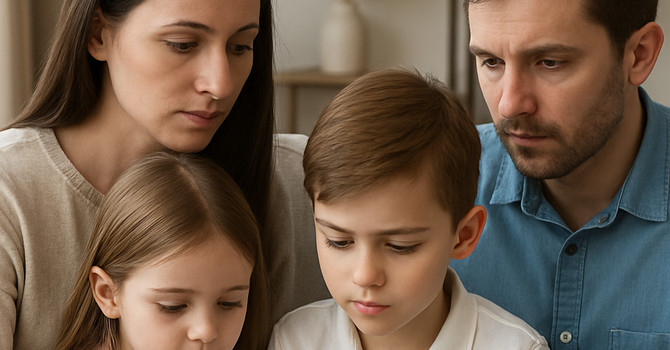
The Limbo Between Christmas and New Year: Understanding Its Psychological Effects
The days between Christmas and New Year’s Eve often feel like a strange stretch of time. Many describe this period as “limbo”—a space where normal routines are on pause, the festive excitement of Christmas has passed, and the promise of a fresh start with New Year’s resolutions looms ahead. This in-between time can feel unanchored, and for some, it carries unique psychological effects.
Why Does This Time Feel So Strange?
-
Disrupted Routine: The holidays often upend our schedules. Regular workdays are replaced with vacation time, and school is out for children. This lack of structure can leave people feeling adrift.
-
Overindulgence and Fatigue: For many, the holiday season is a time of indulgence—rich foods, late nights, and perhaps too much socializing. By the time the 26th rolls around, the physical and emotional toll of the celebrations can lead to exhaustion or even burnout.
-
Reflection and Anticipation: The end of the year naturally invites reflection on the past twelve months. Coupled with anticipation (or anxiety) about the new year, this can create a mental tug-of-war that heightens feelings of restlessness or unease.
-
Social Expectations: This period often comes with societal pressures—to relax, to stay productive, or to plan grand resolutions. These conflicting expectations can lead to guilt or frustration, depending on how one chooses to spend this time.
The Psychological Effects of the Holiday Limbo
-
Increased Anxiety or Low Mood: Without the structure of a normal routine, some individuals may feel an uptick in anxiety or a dip in mood. For those who struggle with depression, this time can feel particularly isolating or overwhelming.
-
Feelings of Ambiguity: The absence of clear goals or plans during these days can make time feel less meaningful. For some, this can lead to existential musings or even discomfort with the lack of purpose.
-
Guilt Around Productivity: While some embrace the pause, others struggle with guilt over not being productive enough. This internalized pressure can detract from the restful potential of the week.
-
Reconnection or Disconnection: For better or worse, this time often brings people together. Some relish the chance to connect with family or friends, while others may find these interactions draining or fraught with tension.
Strategies to Navigate the Limbo
-
Embrace Rest: Allow yourself to slow down without guilt. Rest is productive, and this time can be an opportunity to recharge.
-
Set Gentle Intentions: Instead of pressuring yourself to make major resolutions, focus on small, meaningful actions. For example, take a reflective walk or organize a single drawer.
-
Stay Active: Physical activity can be a great way to combat the sluggishness that sometimes accompanies this period. Even a short stroll can make a difference.
-
Create Micro-Routines: If the lack of structure feels unsettling, consider creating small rituals—a morning coffee ritual, journaling, or ending the day with a good book.
-
Practice Self-Compassion: It’s okay to feel off-balance during this time. Acknowledge your feelings without judgment and remind yourself that this unsettledness is temporary.
Finding Meaning in the In-Between
The limbo between Christmas and New Year doesn’t have to be a time of purposelessness. By reframing this period as a bridge—a time to rest, reflect, and reset—you can make it a meaningful part of your year. It’s okay to let go of the need for constant productivity and instead embrace the beauty of simply being. After all, sometimes the most profound moments arise when we allow ourselves to pause.
.JPEG)
.JPEG)





